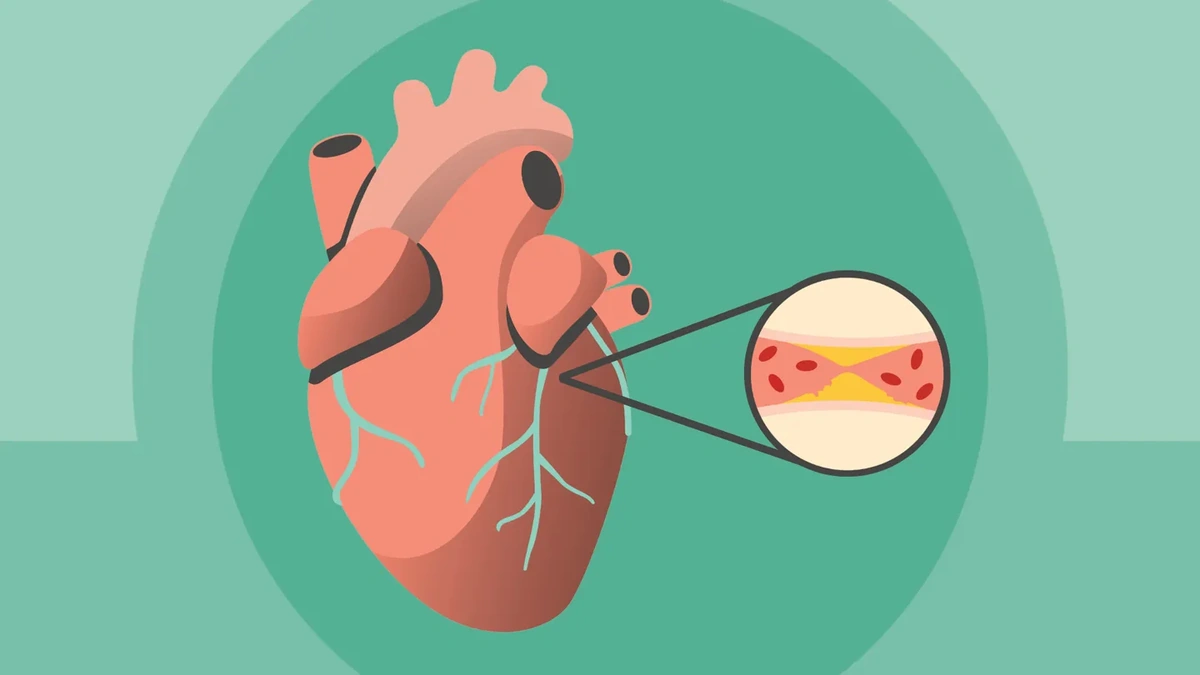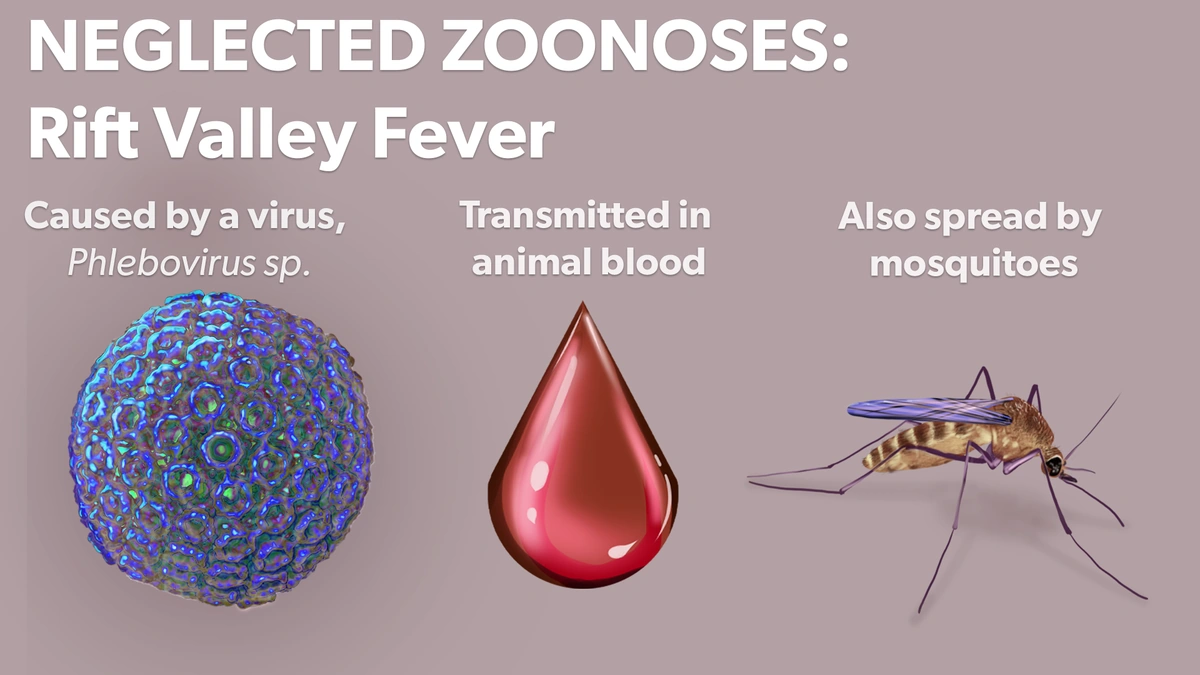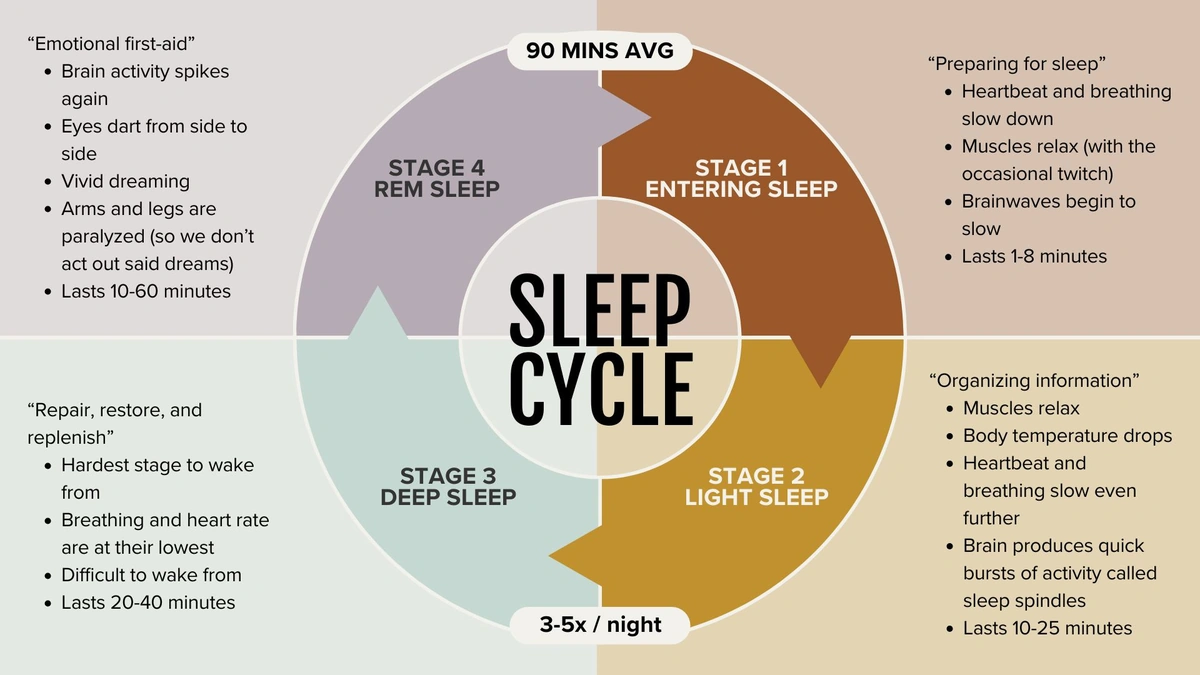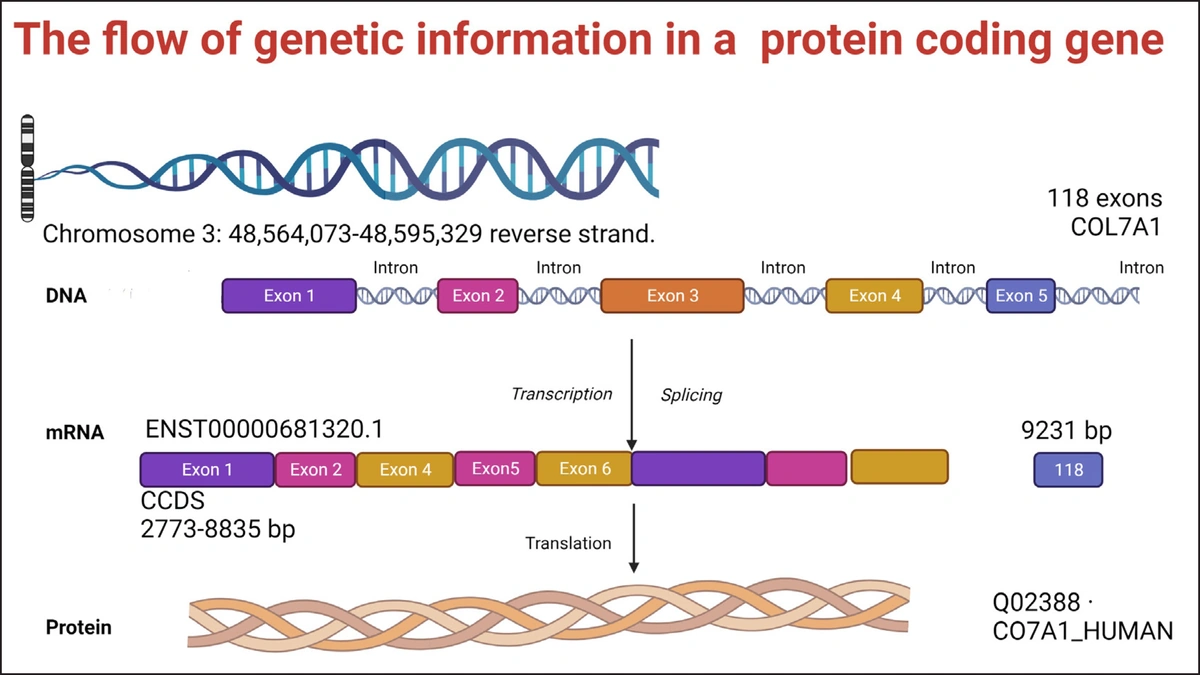Heart Attack Risk Soars for Indians in Their 30s & 40s | Don’t Ignore These 5 Warning Signs
Let’s be honest, nobody wants to think about having a heart attack , especially when you’re supposedly in the prime of your life. But here’s the thing: the data is showing a worrying trend. More and more Indians in their 30s and 40s are facing this critical health issue. It’s not just a problem for older folks anymore. This isn’t fear-mongering; it’s a wake-up call. The question isn’t if you should be concerned, but what you should be doing about it now.
Why is this happening? What’s changed? And, most importantly, what can you do to protect yourself and your loved ones? We’re diving deep into these questions and, I promise, giving you actionable steps that go beyond the usual “eat healthy and exercise” advice. Because, let’s face it, we all know that. It’s about understanding the nuances specific to Indians, our lifestyles, and our genetic predispositions. We have to consider factors like dietary habits , stress levels, and even air pollution.
The Alarming Rise | Why Now?

What fascinates me, and frankly concerns me, is the rapid pace at which this trend is accelerating. We can’t just shrug it off as a natural part of aging. There are specific reasons why younger Indians are becoming increasingly vulnerable to cardiovascular diseases . Several studies point to a complex interplay of factors, and understanding them is the first step to taking control.
First, let’s talk about stress. The pressure to succeed, especially in urban India, is immense. Long working hours, financial anxieties, and the constant barrage of social media comparisons create a perfect storm for chronic stress. This chronic stress leads to elevated cortisol levels, which, in turn, can damage blood vessels and increase blood pressure . And that’s not even touching on the cultural expectations around career and family that can add another layer of pressure.
Then there’s the diet. Traditional Indian cuisine, while delicious, can be heavy on refined carbohydrates and saturated fats, particularly in urban settings where processed foods are readily available. The increasing consumption of fast food, sugary drinks, and packaged snacks contributes to weight gain, high cholesterol, and insulin resistance – all major risk factors for heart disease . Furthermore, the lack of fiber and essential nutrients in many modern Indian diets exacerbates these problems.
And we cannot ignore the role of genetics. Studies suggest that Indians may have a genetic predisposition to heart disease , making them more susceptible than other populations. This means that even seemingly minor lifestyle factors can have a significant impact on their cardiovascular health. It’s like playing a game where you start with a handicap; you have to work even harder to stay ahead.
5 Warning Signs You Absolutely Shouldn’t Ignore
Okay, let’s get practical. What are the signs that your heart might be in trouble? It’s easy to dismiss these as just feeling a bit under the weather, but ignoring them could be a fatal mistake. These aren’t just vague symptoms; they’re your body’s way of sending out an SOS.
- Chest Discomfort: This isn’t always the Hollywood-style clutching-your-chest moment. It can feel like pressure, squeezing, or a dull ache. And it might radiate to your arm, jaw, or back. The key here is any new or unexplained discomfort in your chest area.
- Shortness of Breath: Feeling breathless after climbing stairs or doing light activities? This could indicate that your heart isn’t pumping enough blood to meet your body’s needs. It’s a sign of heart function decline and needs immediate medical attention. A common mistake I see people make is attributing this to lack of fitness, when it could be a sign of a much deeper issue.
- Unexplained Fatigue: We all get tired, but persistent, overwhelming fatigue that doesn’t improve with rest could be a red flag. Your heart might be struggling to circulate blood effectively, leaving you feeling drained. This is more than just feeling sleepy; it’s a bone-deep exhaustion.
- Irregular Heartbeat: Feeling like your heart is skipping a beat, racing, or fluttering? An occasional palpitation might be harmless, but frequent or prolonged episodes need evaluation. These could be signs of arrhythmias , which can increase the risk of stroke and sudden cardiac arrest.
- Swelling in Ankles, Legs, or Feet (Edema): When your heart isn’t pumping efficiently, fluid can build up in your lower extremities, causing swelling. This is often a sign of heart failure and requires prompt medical attention.
Lifestyle Changes | Your First Line of Defense
Now for the good news: You have more control over your heart health than you might think. Simple lifestyle changes can make a huge difference, even if you have a genetic predisposition or existing risk factors. Think of it as building a shield against heart attack risk .
Diet is key. Focus on a diet rich in fruits, vegetables, whole grains, and lean protein. Limit your intake of processed foods, sugary drinks, and saturated fats. Incorporate healthy fats like olive oil, nuts, and avocados into your diet. And, crucially, be mindful of portion sizes. It’s easy to overeat, especially when you’re stressed or eating out.
Regular exercise is non-negotiable. Aim for at least 30 minutes of moderate-intensity exercise most days of the week. This could be anything from brisk walking to cycling to swimming. The goal is to get your heart rate up and improve your cardiovascular fitness. And find activities you enjoy – that’s the key to sticking with it. Also, make sure you are safe when swimming in natural water.
Stress management is crucial. Find healthy ways to cope with stress, such as yoga, meditation, deep breathing exercises, or spending time in nature. Prioritize sleep. Aim for 7-8 hours of quality sleep each night. Chronic sleep deprivation can increase your risk of high blood pressure , diabetes , and other risk factors for heart disease . In addition, limit your alcohol consumption and quit smoking. Smoking is a major risk factor for heart disease , and even moderate alcohol consumption can increase your risk of certain heart conditions.
When to Seek Professional Help
It’s crucial to know when to seek professional medical advice. If you experience any of the warning signs mentioned above, don’t delay. See a doctor right away. Early diagnosis and treatment can significantly improve your chances of survival and prevent long-term complications.
Regular check-ups are essential, especially if you have a family history of heart disease or other risk factors. Your doctor can assess your overall cardiovascular health, identify potential problems early on, and recommend appropriate preventive measures. These check-ups aren’t just for older adults; they’re increasingly important for people in their 30s and 40s. Early detection of high cholesterol , high blood pressure , and other cardiac issues can save your life.
Prevention is Key | A Proactive Approach
Ultimately, preventing heart disease requires a proactive approach. This means making conscious choices every day to protect your cardiovascular health. It’s about understanding the risks, recognizing the warning signs, and taking steps to reduce your vulnerability.
Educate yourself about heart disease and its risk factors. Talk to your doctor about your concerns and ask about preventive measures you can take. Empower yourself with knowledge. Stay informed about the latest research and guidelines. And don’t be afraid to advocate for your own health. The truth is, too many Indians are facing a heart attack at a younger age due to ignoring the obvious signs and symptoms. It is best to get regular checkups.
FAQ Section
Frequently Asked Questions
What are the early warning signs of a heart attack?
Early signs can include chest discomfort, shortness of breath, unexplained fatigue, irregular heartbeat, and swelling in ankles, legs, or feet.
Can stress really cause a heart attack?
Yes, chronic stress can elevate cortisol levels, damaging blood vessels and increasing blood pressure, which are risk factors for heart attacks.
What kind of diet is best for heart health?
A diet rich in fruits, vegetables, whole grains, and lean protein, while limiting processed foods, sugary drinks, and saturated fats, is ideal.
How much exercise do I need to protect my heart?
Aim for at least 30 minutes of moderate-intensity exercise most days of the week.
Is there a genetic link to heart disease in Indians?
Studies suggest that Indians may have a genetic predisposition to heart disease, making them more susceptible.
When should I see a doctor about heart concerns?
If you experience any warning signs or have a family history of heart disease, see a doctor right away.













